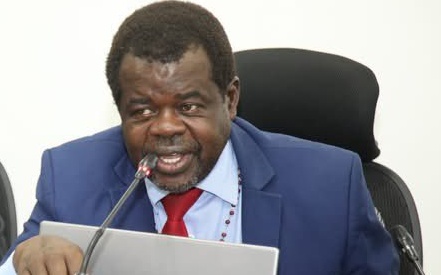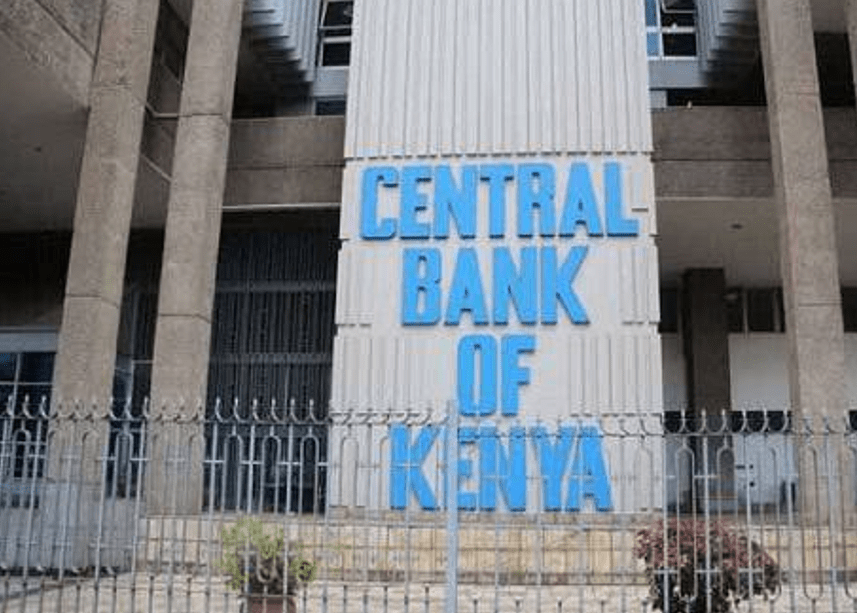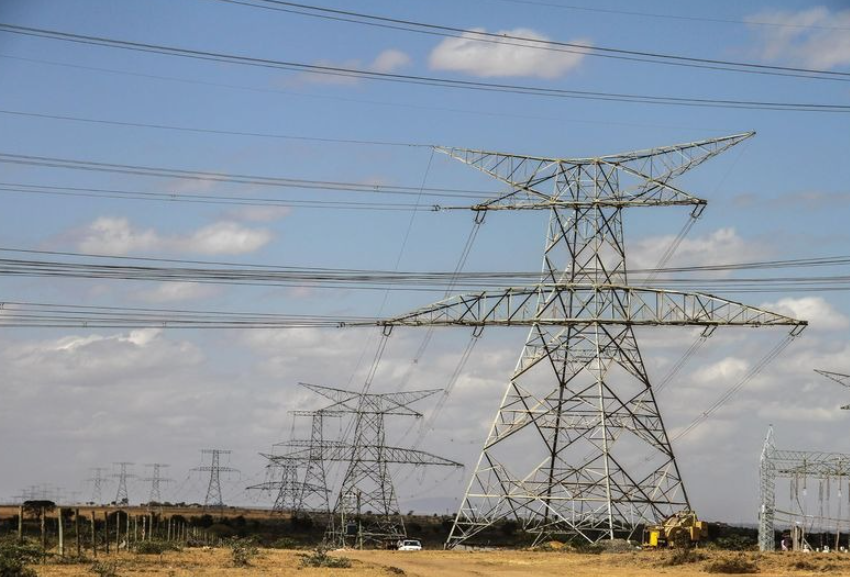Omtatah case lesson for young people on reckless borrowing

Imagine waking up one day to find that your nation owes billions for infrastructure projects that never served the people.
That is the truth Senator Okiya Omtatah wants Kenyans to confront. He has gone back to court with a new petition, accusing successive governments of saddling the country with odious debt.
In a surprise turn of events, the Central Bank of Kenya (CBK) supported his petition, reflecting a rare alignment between a petitioner and the country’s top financial regulator.
Omtatah’s petition specifically targets borrowing under the administrations of Presidents Uhuru Kenyatta and William Ruto, arguing, among other things, that the proceeds from the 2014 and 2018 Eurobond issues were deposited in offshore accounts instead of the Consolidated Fund.
He claims such funds violated the Constitution and public finance law. Omtatah is now asking the High Court to order a special multi-judge bench to expedite consideration of his case.
In response, the CBK informed the court that Omtatah’s petition raises contested substantial issues of undoubted public importance, thereby indicating the significance of his pursuit of transparency and financial equity.
And so, what is odious debt? From international law, the principle is loans taken on by a regime that do not benefit the people, more often filling officials’ pockets than not.
Such debts are without parliamentary approval or any other method of genuine public consent.
Legitimate public borrowing finances schools, hospitals and roads, projects that have been approved by legitimate legislative processes.
Odious debt is viewed as a real encumbrance in the coming generations. If loans are spent on personal benefits instead of the public interest, it’s not reasonable to expect citizens to repay them.
This distinction is increasingly applicable at the current moment, as Kenyans are confronting degrees of debt not experienced in recent history.
CBK Governor Kamau Thugge went beyond remarking on the public interest in Omtatah’s case.
In the May 29, 2025, submissions, he concurred that the scrutiny of previous borrowing trends is necessary in order to promote financial sustainability and secure socio-economic rights for Kenyans under both present and future circumstances.
For the youth of Kenya, who aspire to lead the nation to a better future, this is a lesson in economic citizenship. When debt grows this big, it concerns every citizen.
If some of the loans were indeed borrowed illegally or wasted, pronouncing them null and void would lift a huge burden from the backs of future generations.
As Omtatah put it, this petition aims to safeguard Kenya’s future by demanding honesty and accountability today.
Regardless of the court’s decision on the annulment of any loans, the discourse has prompted both leaders and citizens to scrutinise the mechanisms through which public debt is secured and allocated.
The writer is a Lawyer and a human rights Advocate















